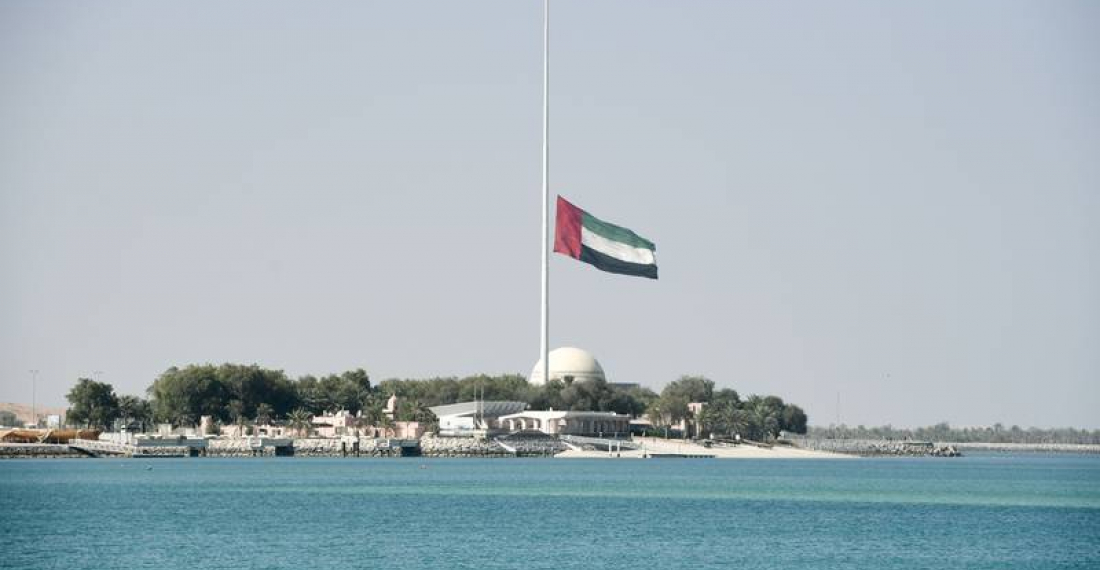The United Arab Emirates (UAE) have started a forty days mourning period after the death was announced yesterday of the country's second president, Sheikh Khalifa bin Zayed al Nahyan. Khalifa succeeded his father as Ruler of Abu Dhabi and President of the UAE in 2004. However since 2014, following a stroke, he has played only a symbolic role in public life, with most day to day government decisions taken by his heir and brother, Crown Prince Mohammed bin Zayed.
Sheikh Khalifa was laid to rest on Saturday (14 May) in the UAE capital Abu Dhabi.
The United Arab Emirates is a federation of seven emirates, each of which still have control over many internal issues. However all defence, foreign policy and security issues are decided at the federal level.
The accession of Sheikh Mohammed as president is not automatic, since the rulers of the seven emirates will have to meet in the next thirty days to formally elect the new president. But tradition and real politik has it that the Ruler of Abu Dhabi, by far the richest and the strongest of the seven emirates, gets the position of President.
Mohammed bin Zayed will be the third President of the UAE since its independence in 1971. As de facto leader of the country in the last eight years he has helped turn the country into an important regional power, building up its military and security capacity and playing a prominent role in regional politics. He has also cracked down on internal dissent, particularly from elements connected with the Muslim Brotherhood, which the UAE government accuses of trying to undermine its government and statehood. The UAE has also recently established full diplomatic relations with Israel, one of the few Arab countries to do so.
Whilst the transition to the new President is expected to be smooth, Mohammed bin Zayed may now use the position of head of state to further promote the UAE as a regional power and global economic business hub.
source: commonspace.eu
photo: A flag at half mast in Abu Dhabi as the UAE starts forty days of mourning following the death of its president Sheikh Khalifa bin Zayed al Nahyan







